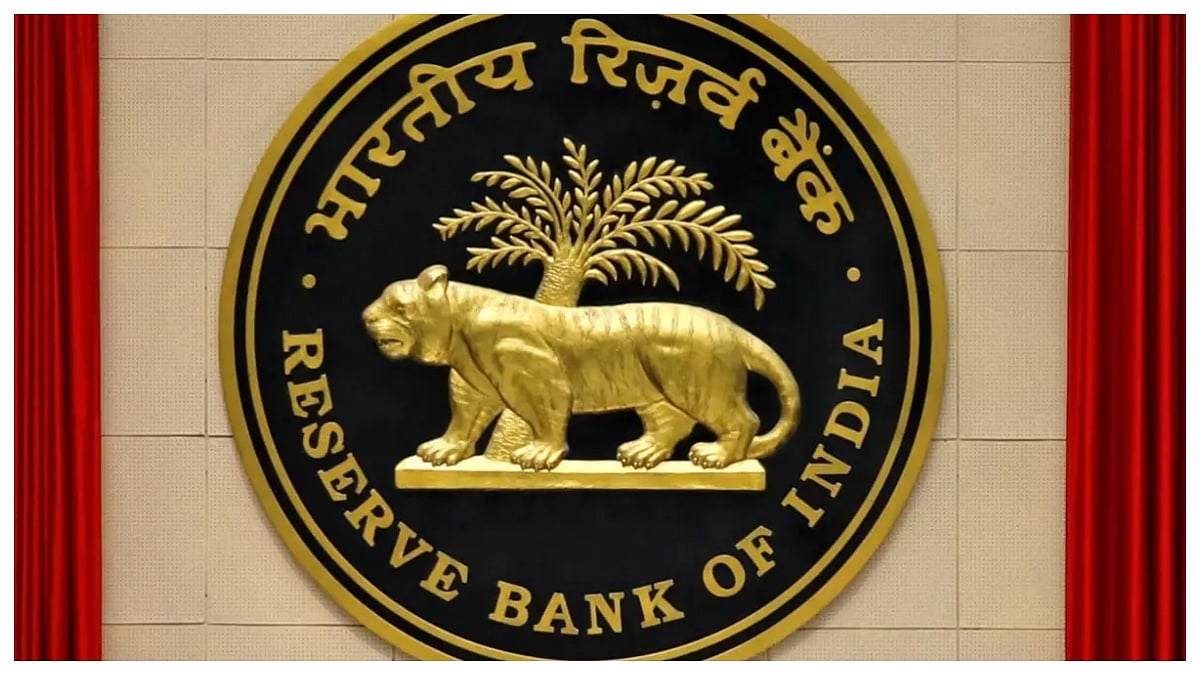Imagine driving an old fuel guzzler which emits too much carbon and has to be phased out, but you still aren’t ready to replace it. What if there’s an option to pay for a free pass to burn some extra fuel, till you are able to switch to an electric vehicle. Unfortunately this alternative isn’t offered to motorists and households, but in the bigger picture, corporations get to buy carbon credits till they completely phase out fossil fuels.
Creating incentives for going green
Net zero commitments require companies and countries to make operations completely carbon-free in a specific number of years. But it takes time to increase usage of clean fuels and implement practices which can eventually help corporations make that transition, without hitting productivity and revenues. To continue emitting greenhouse gases and carbon in limited volumes beyond the permissible limits, these firms can pay for permits.
Where is the money used?
The money collected from corporations for releasing carbon, is then invested in reducing emissions in other parts of the world or in other sectors, by funding solar or wind energy generation. Apart from this, companies are encouraged to cut down carbon footprints to avoid paying for the offset permits, and to recover their expenses by selling the extra carbon credits they are left with. The strategy has its origins in the 1980s, when a cap-and-trade scheme was deployed to tackle sulphur pollution in the US under President Ronald Raegan’s regime.
Historic precedent gives hope
In this system, the authorities first set a cap on the maximum amount of emissions, and then charged firms for an allowance to release some amount of sulphur dioxide. The strategy had led to a significant reduction in the amount of the pollutant coming from industrial operations. To sum it up, carbon credits are like a corporate social responsibility tax, but for addressing the environmental impact of industries.
How are corporations responding
The offer has received positive interest from companies across sectors, with carbon credit exchanges being set up to facilitate its trade. Cryptocurrency mining being a major contributor, with Bitcoin emitting 200 million tonnes of carbon since it was launched, crypto firms are among top buyers of carbon offsets. Apart from that oil firms, airlines and carmakers are also picking up carbon credits to emit a bit more, and Google parent Alphabet as well as Disney are also driving demand.
The downside of giving a leeway
But critics of the scheme are saying that it has only allowed firms to buy time and push off reduction of carbon emissions, which is the need of the hour. There are also concerns about the proceeds actually delivering any positive change, and both buyer and seller claiming reduced emissions with the same credit. Another issue is that of ghost credits, which are carbon credits linked to green energy projects, that have been functioning for close to a decade without requiring benefits from sale of offsets.





.jpg)
